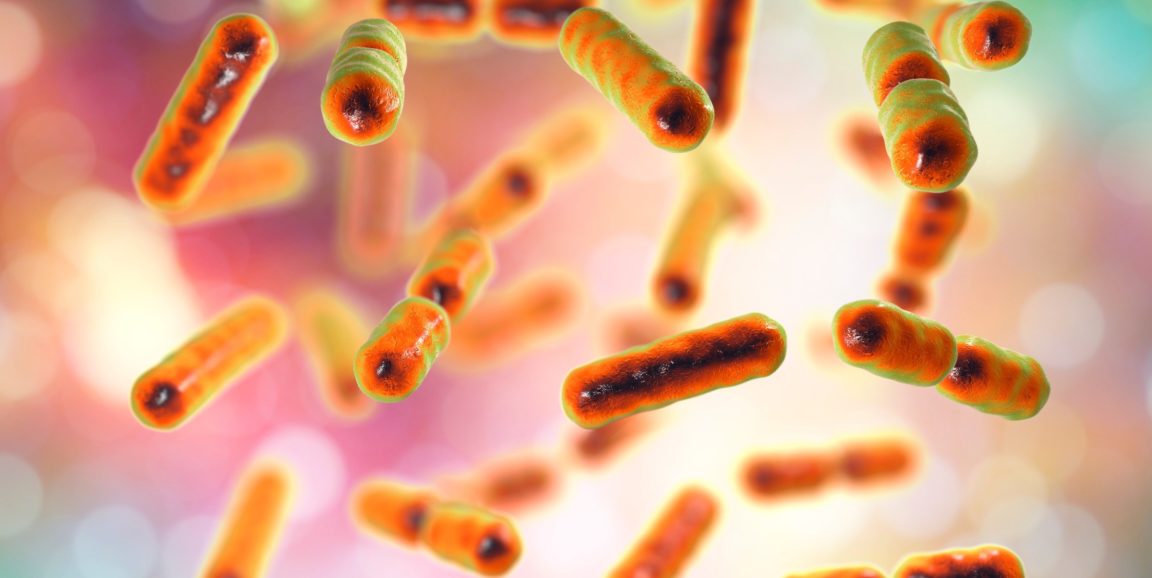Our body’s digestive system is home to millions of bacteria from hundreds of bacterial strains that play a role in our health. The tiny yet powerful environments that host and are comprised of these bacteria are known as the microbiome.
In a recent episode of “The Future of Everything,” host Russ Altman, MD, PhD, sat down with Stanford bioengineer Michael Fischbach, PhD, to discuss the growing knowledge of the bacteria in our bodies, their role in our health, and how researchers like Fischbach are shaping the future of microbiome-mediated disease therapy.
“When we hear the word bacteria we often think of infections and disease. And indeed some bacteria can cause disease and do. But when we’re healthy and feeling good, there are still millions of bacteria from hundreds of bacterial strains or species that are living and thriving within in our body,” Altman told listeners.
What’s clear is that gut bacteria do play a role in our wellness, but the specific effects of the microbiome remain largely unknown. That’s where researchers like Fischbach come in; he's working on a variety of approaches to improve our understanding of the microbiome.
To hear more about Fischbach’s research and what it means for the future of medicine, and to learn more about things like fecal microbiota transplantation, have a listen.
Image by Shutterstock




